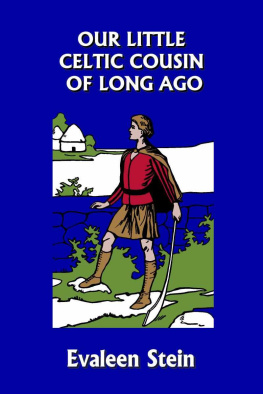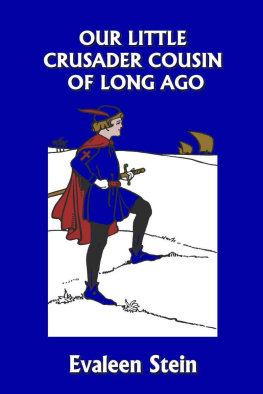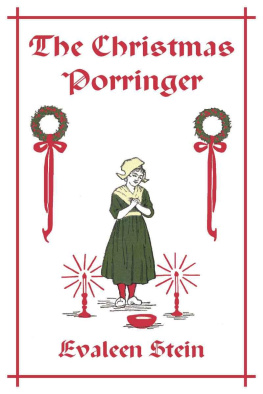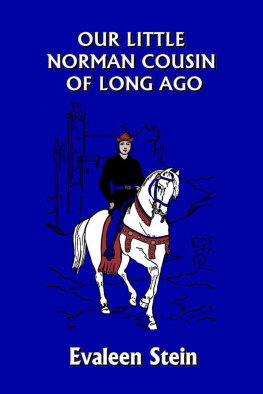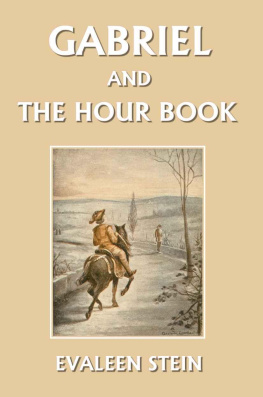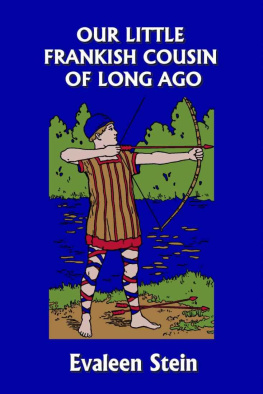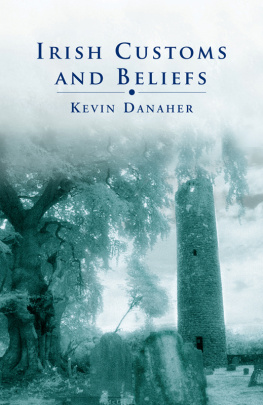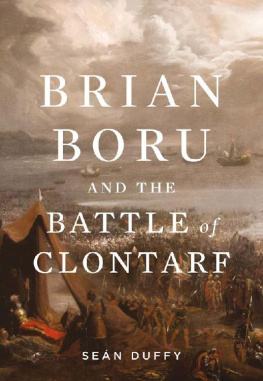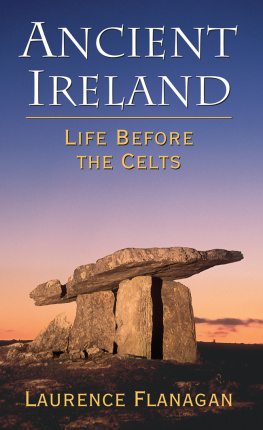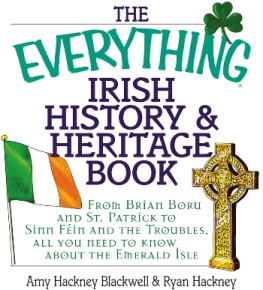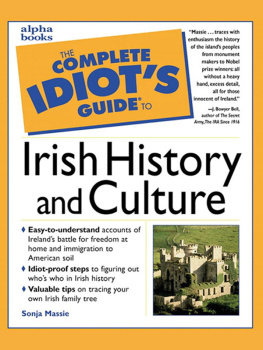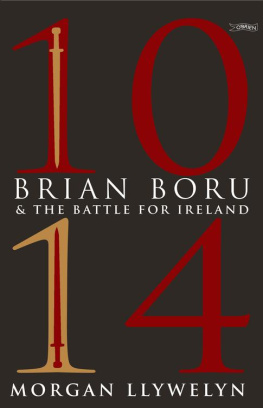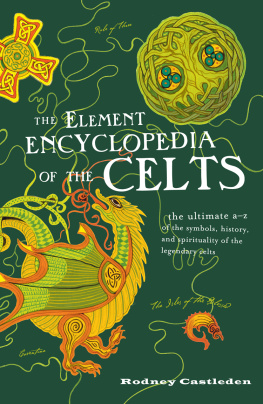Our Little Celtic Cousin of Long Ago
by
Evaleen Stein
Yesterday's Classics
Chapel Hill, North Carolina
Cover and Arrangement 2010 Yesterday's Classics, LLC
All rights reserved. No part of this book may be reproduced or retransmitted in any form or by any means without the written permission of the publisher.
This edition, first published in 2010 by Yesterday's Classics, an imprint of Yesterday's Classics, LLC, is an unabridged republication of the work originally published by The Page Company in 1918. This title is available in a print edition (ISBN 978-1-59915-242-4).
Yesterday's Classics, LLC
PO Box 3418
Chapel Hill, NC 27515
Yesterday's Classics
Yesterday's Classics republishes classic books for children from the golden age of children's literature, the era from 1880 to 1920. Many of our titles are offered in high-quality paperback editions, with text cast in modern easy-to-read type for today's readers. The illustrations from the original volumes are included except in those few cases where the quality of the original images is too low to make their reproduction feasible. Unless specified otherwise, color illustrations in the original volumes are rendered in black and white in our print editions.
Preface
To the Boys and Girls
Ages and ages ago, so far back that the world has almost forgotten about it, the Celtic people had a great empire spreading over a large part of Europe. Then, after a long while, something happened to break up this empire; nobody knows exactly what, but most probably they fought among themselves or with other people, or both, or perhaps some stronger race swept into their country and swept them out. At any rate, by and by it came about that all that was left of the empire of the Celts was that part of it which we now call France and the British Isles; they called them Gaul and Britain and Ireland.
Meantime the great city of Rome had been growing more and more powerful and sending her conquering armies everywhere till at last she brought most of Europe under her sway. And the Celtic people, whose proudest boast had been that once upon a time they had captured the great city, now found themselves under her dominion and soon beginning to have Roman ideas about things. For no nation could be ruled by Rome and be just the same as before. There was one part of the Celtic lands, however, that did not change, and this was Ireland. Far off to the west, for some reason she was never visited by the Roman soldiers and so managed to keep her affairs all to herself.
Thus several centuries passed; and then, as you perhaps know from your histories, Rome herself, with all her pride and splendor, was conquered and overwhelmed by the wild tribes to the north of her, and Europe, which had been growing more and more civilized, sank back into ignorance and barbarism which it took hundreds of years to shake off.
But all the while Ireland, off there in the western ocean, kept to herself. Just as she was not conquered by Rome, neither was she overwhelmed by the barbarians when Rome fell, but kept right on living her Celtic life and doing things in her own Celtic way clear down to the time when the rest of Europe began to rouse up and learn things again. Indeed, the Celtic people did much to help wake up Europe; for though they had not been conquered by the Romans, nevertheless the Celtic scholars had been wise enough to study the best books written by them and by the Greeks, and these, together with much other knowledge which they gained for themselves, they kept from being forgotten by the world.
Though it is true that a hundred years after the time of our story the Norman race invaded Ireland and in the centuries that followed her people have gradually changed in many ways from the Celts of long ago, yet still the Celtic blood and the Celtic spirit so lives in Ireland that when to-day we speak of the Celts we most often mean the Irish rather than those other descendants of the old race who still are scattered through many parts of Europe and even Asia.
Now the Celts have always been an interesting people, and those of long ago left many things for us to admire and treasure. Though they did not build great and beautiful temples and palaces whose ruins still speak of past glory, as did other races of the old world, yet in the more delicate handicrafts no one ever did finer work, as is proved by the innumerable beautiful objects of gold and silver still to be seen in Irish museums. The lovely chalice of Ardagh, the Tara brooch, the cross of Cong and the bell-shrine of St. Patrick, these are famous beyond Ireland; while as for the painted books made by the old-time Celtic artists, of the many of surpassing beauty one was so marvelousbut, no, I must not tell you about it now, for it is part of our story!
But besides these things which we of to-day can see and touch, the Celts of long ago left a great deal more. They left to the world an inheritance of beautiful myths and romantic stories and poems and fairy tales, some of which you have perhaps already read as you surely will read more of them by and by. These belong to every one; but to their own children and ever-so-great-great grandchildren, down through the centuries, the Celts of long ago left an inheritance of delight in beauty, of joy in the loveliness of the lovely world about us, in the blue sky and the green earth, joy in bright and beautiful colors, a love of poetry and fairy stories, and, best of all, a way of losing themselves in wonderful dreams, dreams sometimes tinged with a wistful sadness, perhaps, yet always beautiful. It is this inheritance that so marks the Celtic people to-day, wherever they may chance to live, that when we know someone who specially loves all these things, we say he must have in his veins a strain of Celtic blood; and very likely he has.
But it is high time to get to our story, which has been waiting all this while. Our little Celtic cousin, Ferdiad, is ready to meet you in the first chapter and take you back to the long ago, and I hope you and he may become very good friends.
E VALEEN S TEIN
Contents
CHAPTER I
The Tailltenn Fair
T HE August sun was shining brightly over the Irish meadows skirting a narrow river that glittered with such a silvery light you would never have thought its name was the Blackwater. Neither would you have supposed the place on its bank in front of which were moored scores of oddly built boats was really the very tiny old village of Tailltenn. No, you would have declared that it was a gay though rather queer looking city, and could scarcely have believed that in a week's time all its noise and bustle would vanish and only the few wattled houses of the village be left.
For Tailltenn in August, when its great fair was held, and Tailltenn the rest of the year were two very different places.
But never mind about Tailltenn the rest of the year, for our story begins right in the middle of the fair, which was surprisingly like our fairs of to-day. And this seems strange, considering that it was almost exactly nine hundred years ago; that is to say, it was August of the year 1013.
But people nine hundred years ago liked to show and buy things and enjoyed racing and games and entertainment of all kinds just as well as we do, and anyone who could amuse was sure to have plenty of folks looking on. So it was that the Celtic boy, Ferdiad, who had stopped to watch a specially skilful juggler, soon found himself squeezed into a crowded circle of people and presently a red-headed lad of about his own age was pushed close beside him.
Both smiled good-naturedly, and, "Look!" cried Ferdiad, bending his eyes on the juggler, "I have counted, and he has nine swords and nine little silver shields and nine balls, and he keeps them all up in the air at once and hasn't let one fall!"

